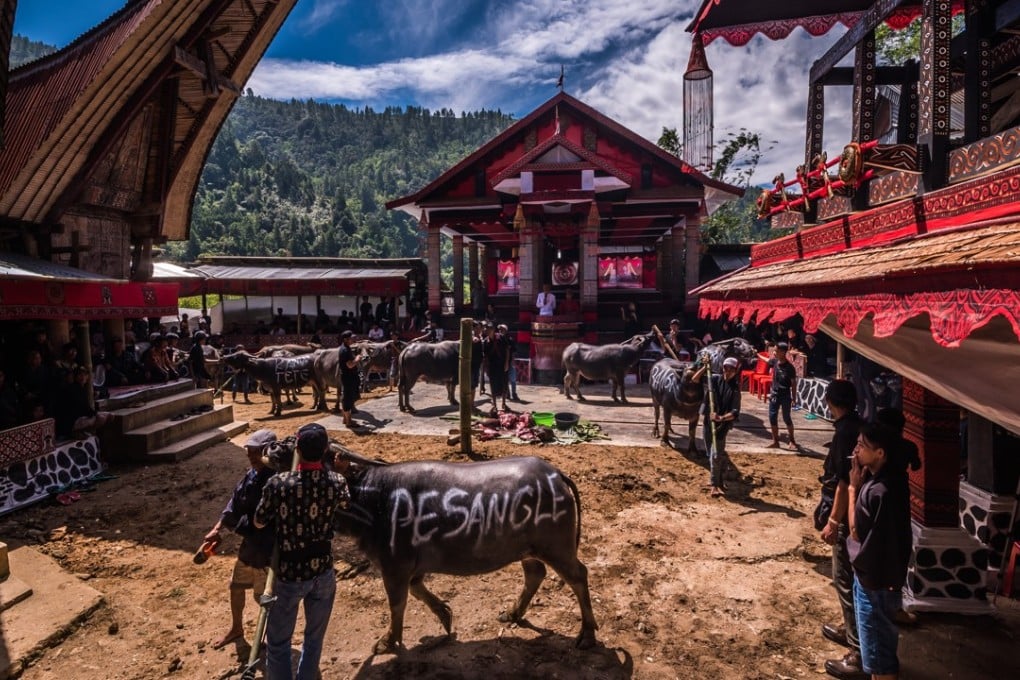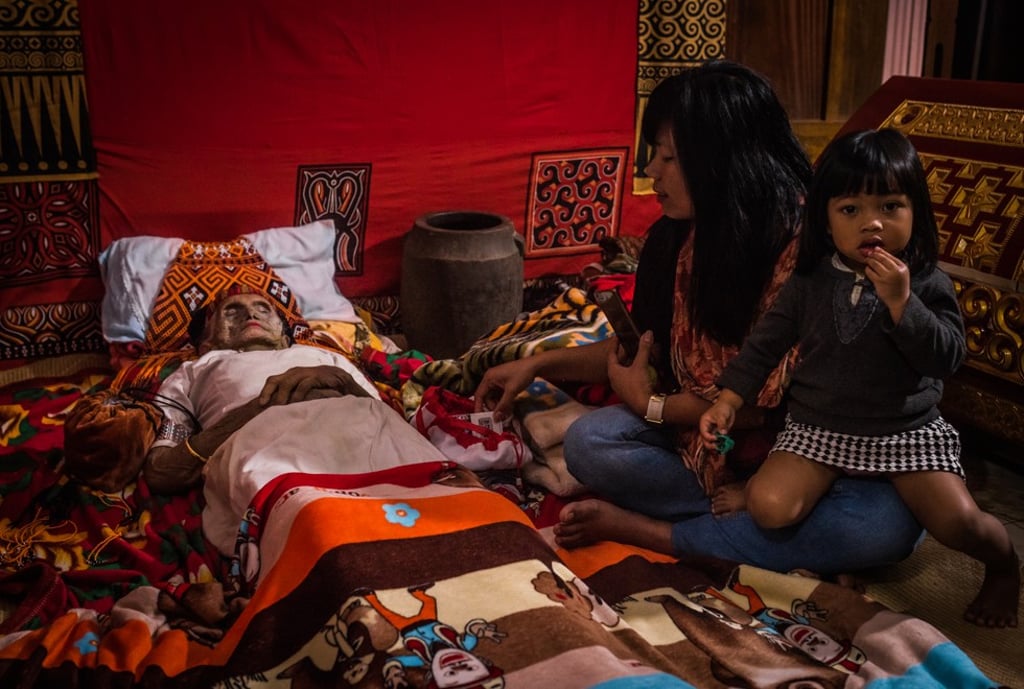Video | Living with corpses: how Indonesia’s Toraja people deal with their dead
The ethnic group treat the dead as merely sick, offering them food, water and even cigarettes, until the funeral is scheduled, which at a cost of up to US$500,000, can take several years if not decades

Talking, or even thinking about the subject may be considered taboo for many of us, but for the Toraja, death is a lifelong preoccupation.
Warning: This story contains graphic images.
An ethnic group indigenous to the mountainous Pangala region of Indonesia’s South Sulawesi, about 800km northeast of Bali, the Toraja are nominally Christian – mostly protestant, but also Catholic – thanks to the influence of Dutch colonial missionaries. But they learn from a young age to accept death as part of life’s journey, and when a family member passes away, in accordance with their traditional religion – Aluk To Dolo (“way of the ancestors”), which sits surprisingly comfortably alongside Christianity – they are treated as if they are sick (toma kula). Food, water and even cigarettes are offered to the toma kula on a daily basis, because it is believed the spirit remains near the body and craves care.
